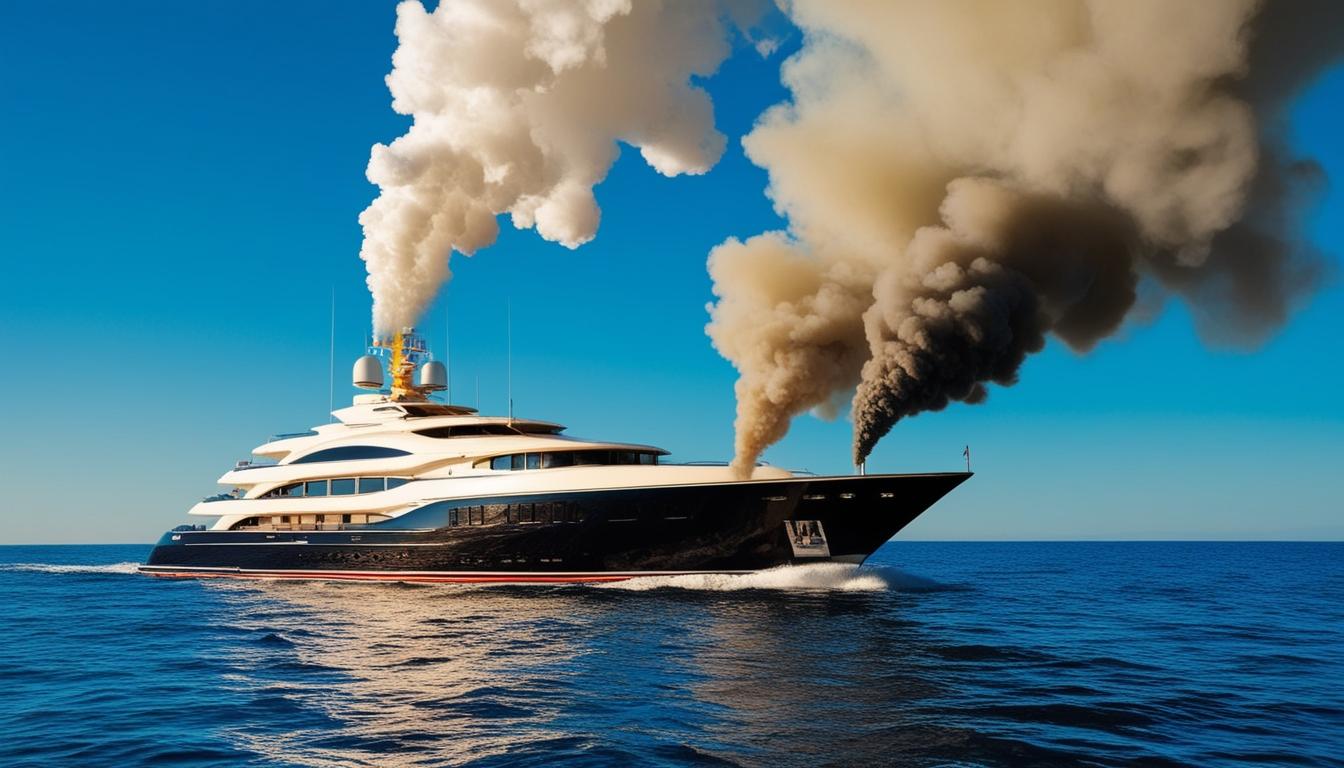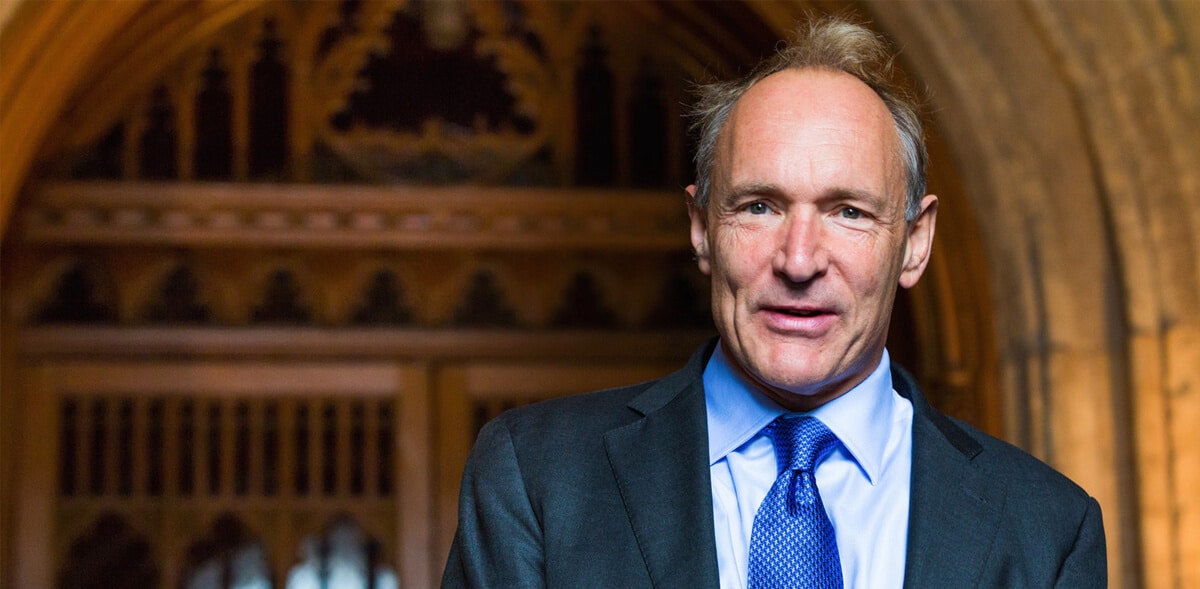Oxfam’s ‘Carbon Inequality Kills’ report reveals the alarming impact of the lifestyles of the world’s top 50 richest individuals on climate change, advocating for taxes on their contributions to carbon emissions.
A recent report by Oxfam, a global organisation focused on alleviating poverty, has turned the spotlight on the concerning contribution of the world’s wealthiest individuals to climate change. The report, titled ‘Carbon Inequality Kills’, highlights the immense carbon footprint generated by the luxurious lifestyles of the top 50 richest people. It asserts that their emissions surpass those produced by a staggering 155 million people combined.
The study underscores the alarming environmental impact posed by superyachts and private jets owned by billionaires. These sources of luxury are cited as major contributors to carbon emissions, which are increasingly identified as driving factors in climate breakdown. Oxfam argues that the emissions from these leisure vehicles are not just damaging ecologically but are also leading to economic losses calculated in trillions of euros and are contributing to millions of excess deaths globally.
More specifically, Oxfam’s analysis reveals startling statistics: private jets owned by 23 of the 50 top billionaires release an average of 2,074 tonnes of carbon annually. This carbon output equates to the emissions an average person would produce over 300 years, or for someone in the poorest half of the global population, over 2,000 years. Notably, a single Irish billionaire’s daily emissions mirror an entire year’s worth of emissions from the average Irish citizen.
Furthermore, the research points out that while only 1% of individuals are responsible for half of all aeroplane carbon emissions, the demand for private jets has surged, with sales doubling over the past two decades. Superyachts, which have also seen their numbers more than double since the year 2000, are reported to produce up to three times the emissions compared to private jets. Annually, around 150 new superyachts are launched, further exacerbating this environmental challenge.
Another critical aspect of the report is the role of investments in contributing to a billionaire’s carbon footprint. Oxfam notes that the richest 1% own 43% of the world’s financial assets and wield significant control over major global corporations, impacting the direction of climate policies and investments. As proposed by Oxfam, a tax on the incomes of the global top 1% could significantly reduce emissions, exceeding the total emissions released by the United Kingdom in 2019.
The chief executive of Oxfam Ireland, Jim Clarken, emphasised the disparity created by such high levels of carbon emissions. According to Clarken, the actions of the super-rich are directly linked to increasing inequality and hunger. He insists that comprehensive measures are necessary to curb these emissions and that governmental action is pivotal in achieving this goal. Specifically, Oxfam recommends the introduction of wealth taxes on individuals with assets exceeding €4.6 million and the implementation of taxes on carbon-intensive luxury items like private jets and superyachts.
Ahead of the upcoming Cop29 climate conference, Oxfam is advocating for these taxes, estimating that a global wealth tax on millionaires and billionaires could generate at least €1.5 trillion yearly. An additional tax focusing on investments tied to polluting activities could yield a further €92 billion, providing substantial funds to tackle climate change. The report contends that implementing such measures could also address social justice, as extreme carbon emissions are closely linked to widening social inequalities.
Overall, Oxfam’s ‘Carbon Inequality Kills’ report calls into question the broader economic and systemic structures that facilitate the disproportionate environmental impact of the world’s wealthiest, urging for reforms that could herald more sustainable and equitable societal practices.
Subscribe
Sign-up to receive our newsletter





